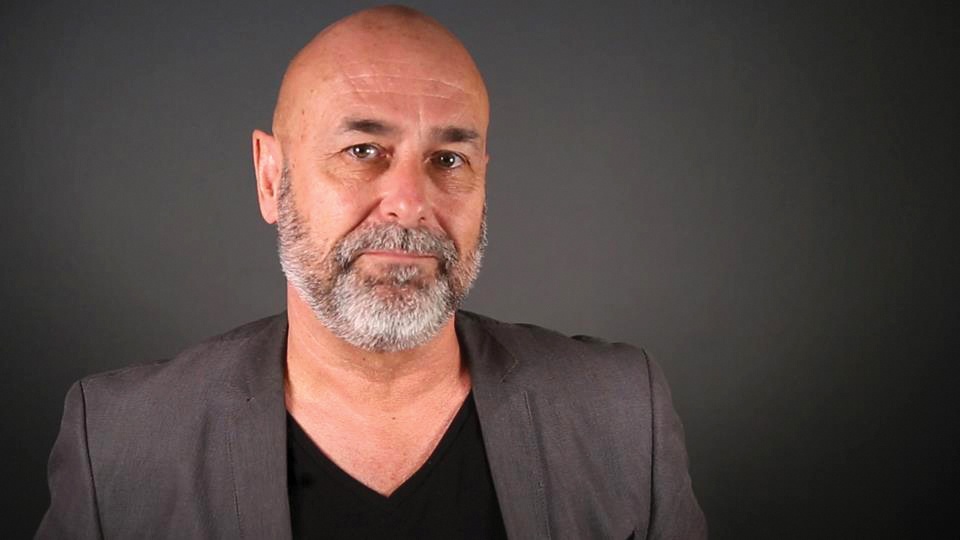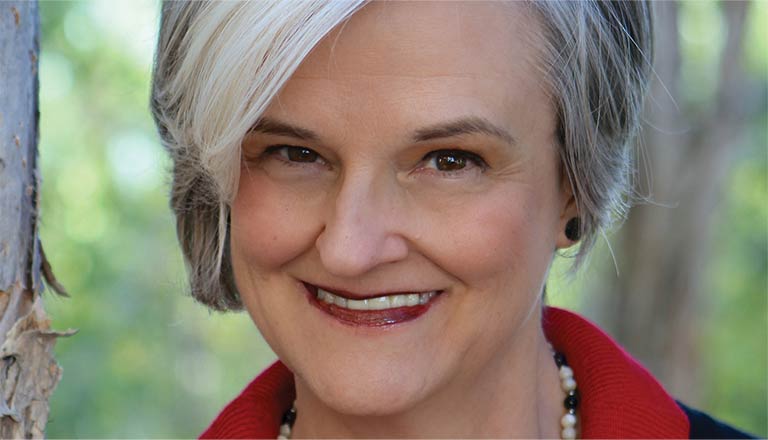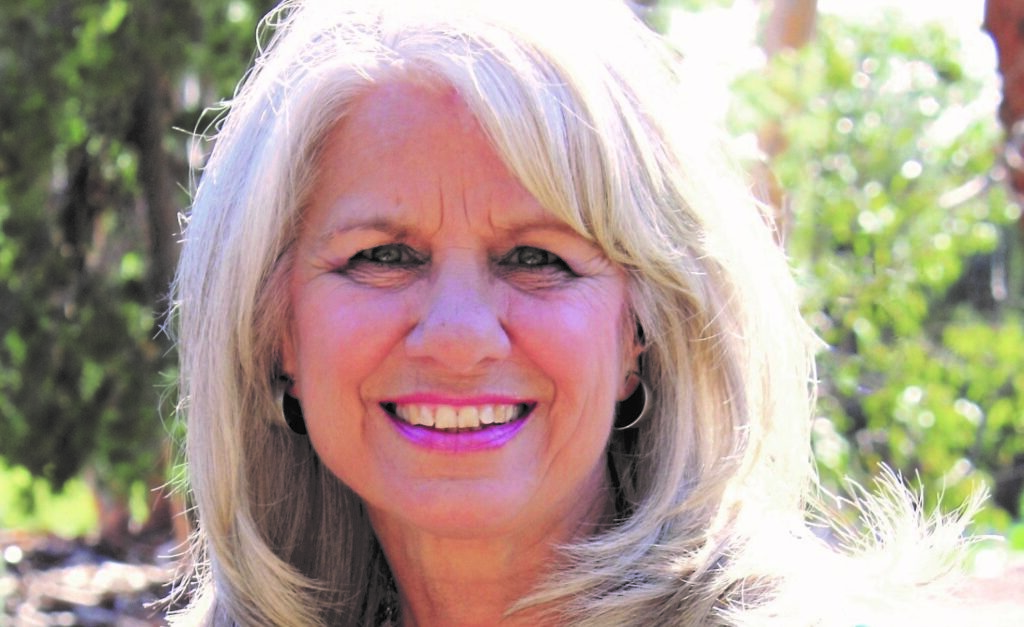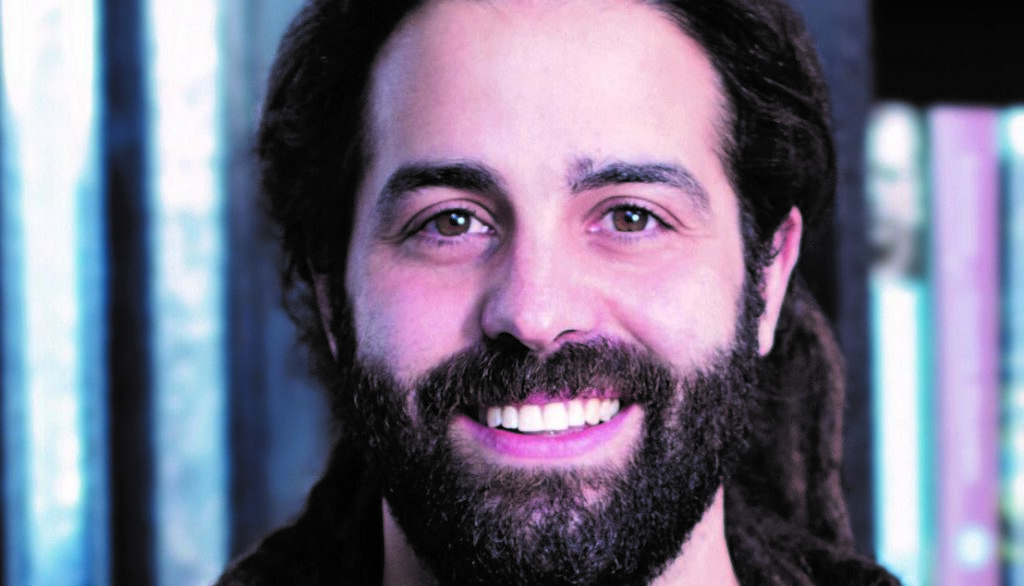
The Word of God Comes to Us in Humility
I ran into Jess in the grocery store one Sunday morning. She glanced around, as if to make sure we weren’t within earshot of another customer. Then she said, “So that Bible study you invited me to join?”
“Yes!” I replied, with what might have been an excessive amount of enthusiasm. “I’m so happy you want to come.”
“Me too,” she said. She looked down. “The thing is. You said read Mark 1. Where would I find that?”
“Oh, I’m sorry,” I said. “You just look in the table of contents and turn to Mark.”
She nodded, and I now imagine that she had to gather some courage to say, “Right. The table of contents in the . . .”
I closed my eyes for a beat, realizing suddenly how many assumptions I had brought into this conversation. “In the Bible,” I said.
She took another breath. “I don’t actually have one of those.”
“No worries at all,” I said. “I can send it to you online.”
I tried to sound nonchalant, but what struck me about our interaction was how many barriers I had erected which had inadvertently prevented my friend from reading about Jesus. I made assumptions that she would have a Bible, a Bible written in contemporary language, that she would know how to find Mark, that she would even know what a “Bible study” is.
Plenty of appropriate barriers get in the way of following Jesus. There’s the whole question of God’s existence, not to mention God’s existence in the form of a Jewish carpenter who died and rose again. Then there are Jesus’ claims about himself. He calls himself Lord of all, for instance, and he calls his disciples to leave everything behind and follow him. Submitting to Jesus as Lord presents a legitimate barrier to entering into the Christian fold, an appropriate “stumbling block” as Jesus himself put it. But I had erected unnecessary walls long before my friend ever had a chance to encounter Jesus and his claims.
To her enduring credit, Jess showed up the following Monday night at 7:00, and she sat alongside a small group of women who were mostly like her—people who hadn’t read, or owned, Bibles until very recently. I started the group with a series of explanations. I told them that “gospel” means “good news,” and that it was a word used to herald the coming of a king to a nearby town or village in Roman days. I explained that we used this word to describe these books that were written in the early decades of the first century to give us narratives about Jesus’ life and teachings, his death and resurrection. I even pointed out the numbers scattered all over every page and explained how over time we decided to locate sentences throughout the Bible with chapters and verses. I also told them that, when compared to other ancient literature, the Gospel of Mark wasn’t well written, and I explained why I take great comfort in knowing that Mark’s Gospel has bad grammar and demonstrates Mark’s lack of education and training.
Eugene Peterson was the first person to point out to me, through his work on The Message, the grittiness of the language of the New Testament. Scholars of the classics may scorn the rudimentary Greek employed by those writers, but Peterson held it up as a ray of light, an invitation to all of us common people to read what the common people had to say about Jesus. What makes these words endure is not their literary acumen or their intellectual tone or their cleverness. What makes them endure is the story they tell and the person to whom they point. Peterson insisted on bringing the language of the New Testament back to a place of ordinary words written to ordinary people in order to invite us into an extraordinary story. His work helps to remove some of the human barriers to entry. He leaves the barriers that Jesus himself erects.
The Word of God came to earth in the form of a homeless child. It should come as no surprise that the Word of God also comes in the form of stories told by fishermen and tax collectors and bleeding women and beggars. The Word of God comes to us in humility.
The Apostle Paul writes about Christ’s humility in a famous passage in Philippians 2. Peterson translates this description: “Having become human, [Jesus] stayed human. It was an incredibly humbling process. He didn’t claim special privileges. Instead, he lived a selfless, obedient life and then died a selfless, obedient death. . . .”
The language of The Message demonstrates Christ’s humility. The existence of the Bible demonstrates the humility of the Triune God. God was humble enough to entrust the words of Scripture to ordinary human beings. Peterson’s work has helped to make that humility—and the glory that always goes hand in hand with humility—all the more clear.
The Message is an invitation to encounter the Word of God without unnecessary barriers. It returns us to the humble language of ordinary people. It invites us to stumble not over language but over Jesus, that he might become the capstone of our lives.
Amy Julia Becker is the author of White Picket Fences: Turning toward Love in a World Divided by Privilege, Small Talk: Learning from My Children about What Matters Most, and A Good and Perfect Gift: Faith, Expectations, and a Little Girl Named Penny.









